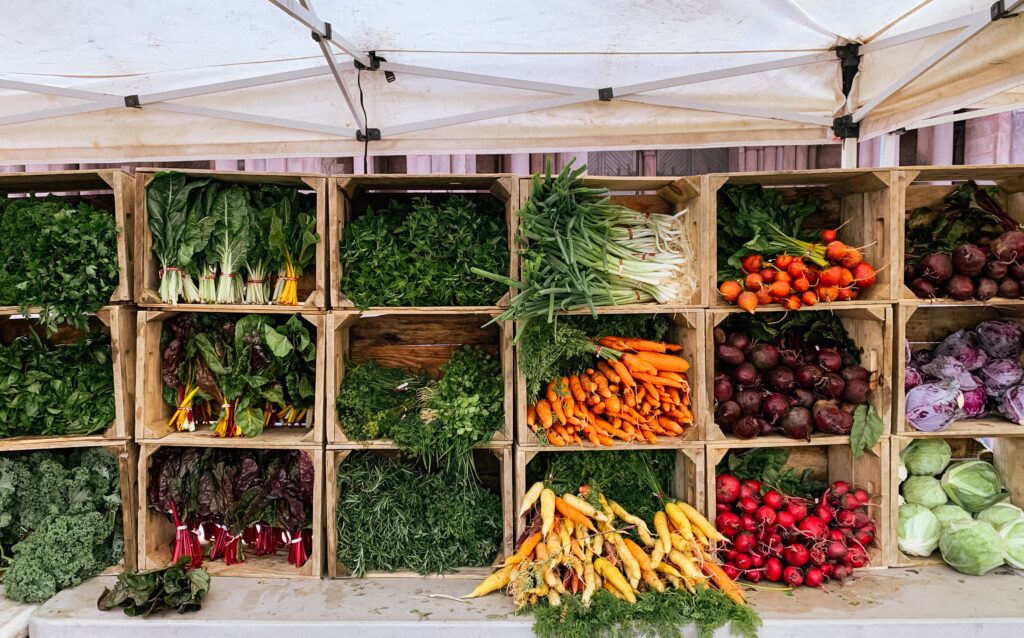Leafy vegetables offer a range of health benefits, with some showing promise in the realm of cancer prevention. Although no single food can guarantee immunity against cancer, incorporating diverse leafy greens into your diet can be a step towards a cancer-protective eating regimen. In India, several leafy vegetables are renowned for their potential anticancer properties.
Spinach is a nutrient powerhouse, containing folate, vitamins A and C, as well as various phytochemicals such as carotenoids and flavonoids. These compounds possess antioxidant and anti-inflammatory properties that could aid in safeguarding against cancer.
Cabbage, particularly the red variety, is a rich source of antioxidants like anthocyanins and vitamin C. It belongs to the cruciferous vegetable family, and regular consumption is associated with a reduced risk of specific cancers.
Mustard greens are laden with vitamins K, A, and C, and they also house glucosinolates, which have demonstrated anticancer potential.
Lettuce/ Palak, especially darker types like romaine or red leaf lettuce, is a good source of vitamins A and K, along with dietary fiber. When integrated into a diet alongside other nutrient-rich foods, it plays a valuable role in cancer prevention.
Coriander, widely used in Indian cuisine in salads and masalas, is rich in phytochemicals, antioxidants, fiber, as well as essential vitamins and minerals.
In Western countries, there are vegetables with similar anticancer properties:
Broccoli is another cruciferous vegetable, containing sulforaphane, a compound known for its potential anticancer effects. It aids in activating enzymes that detoxify carcinogens and reduce oxidative stress.
Kale, another cruciferous vegetable, is notable for its high glycosylate content, which can be converted into compounds with potential anticancer properties. It is also abundant in vitamins K, A, and C, along with dietary fiber.
Arugula, a peppery-flavored leafy green, boasts vitamins A and K, along with phytochemicals like glucosinolates, which contribute to its potential cancer-protective effects.
Swiss chard is a nutrient powerhouse, offering a wealth of vitamins and minerals, including vitamins K, A, and C. Its antioxidant and fiber content promotes overall health.
Collard greens, another cruciferous option, are rich in vitamins K, A, and C, in addition to dietary fiber. They have garnered attention for their potential anticancer properties.
Watercress, a peppery-tasting leafy green, is a high-antioxidant food, containing vitamin C and cancer-fighting compounds like phenethyl isothiocyanate (PEITC).
To maximize the anticancer benefits of leafy vegetables, it is crucial to incorporate them into a well-rounded, plant-based diet replete with a variety of fruits and vegetables. Moreover, adopting a healthy lifestyle, featuring regular physical activity and avoiding smoking, can further bolster cancer prevention efforts. It’s essential to remember that dietary choices are just one facet of a comprehensive strategy to reduce cancer risk.
